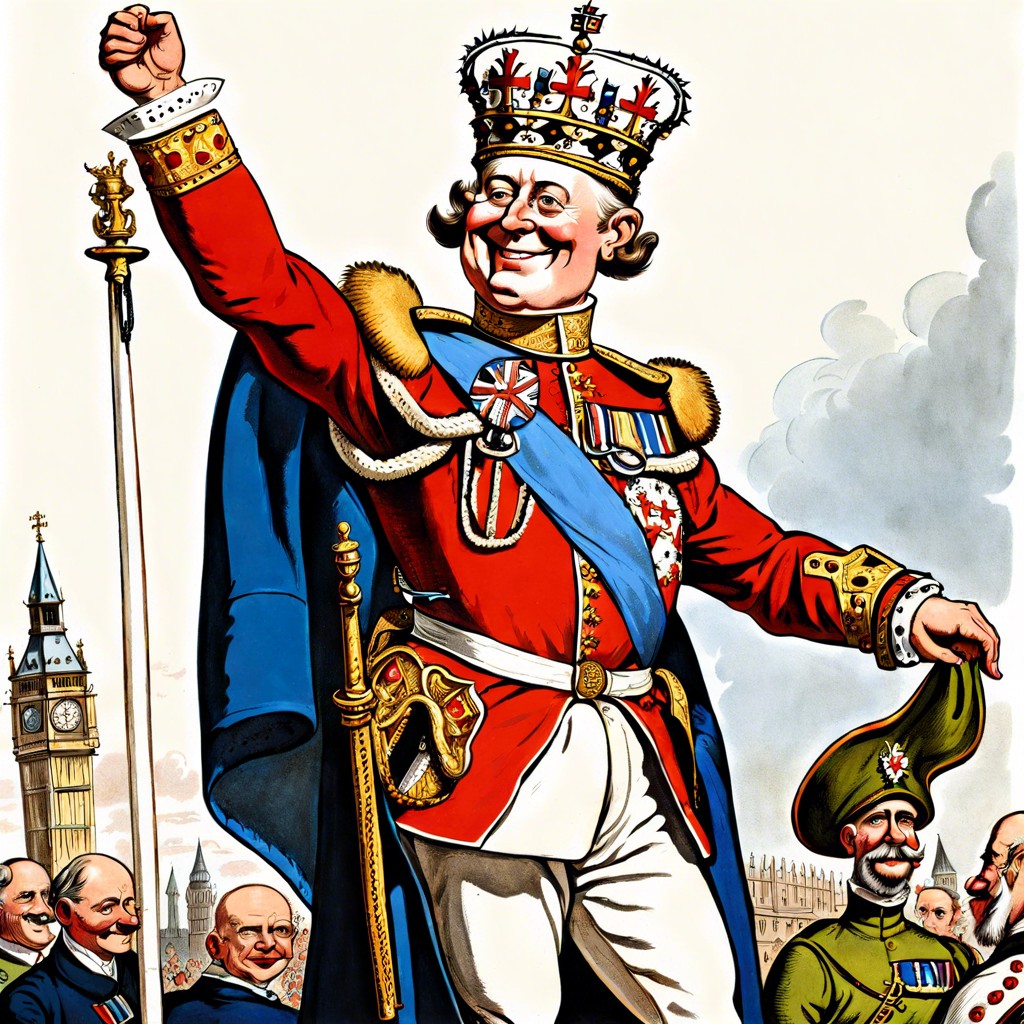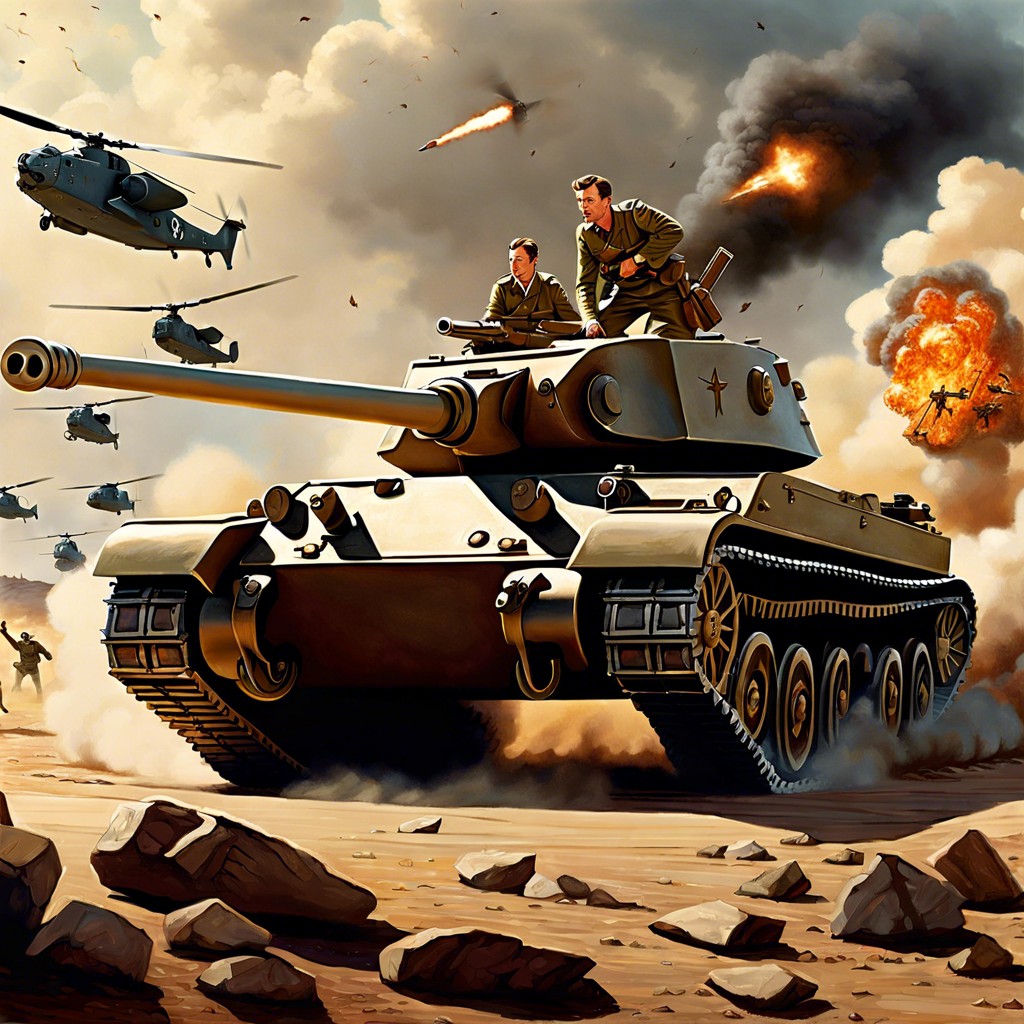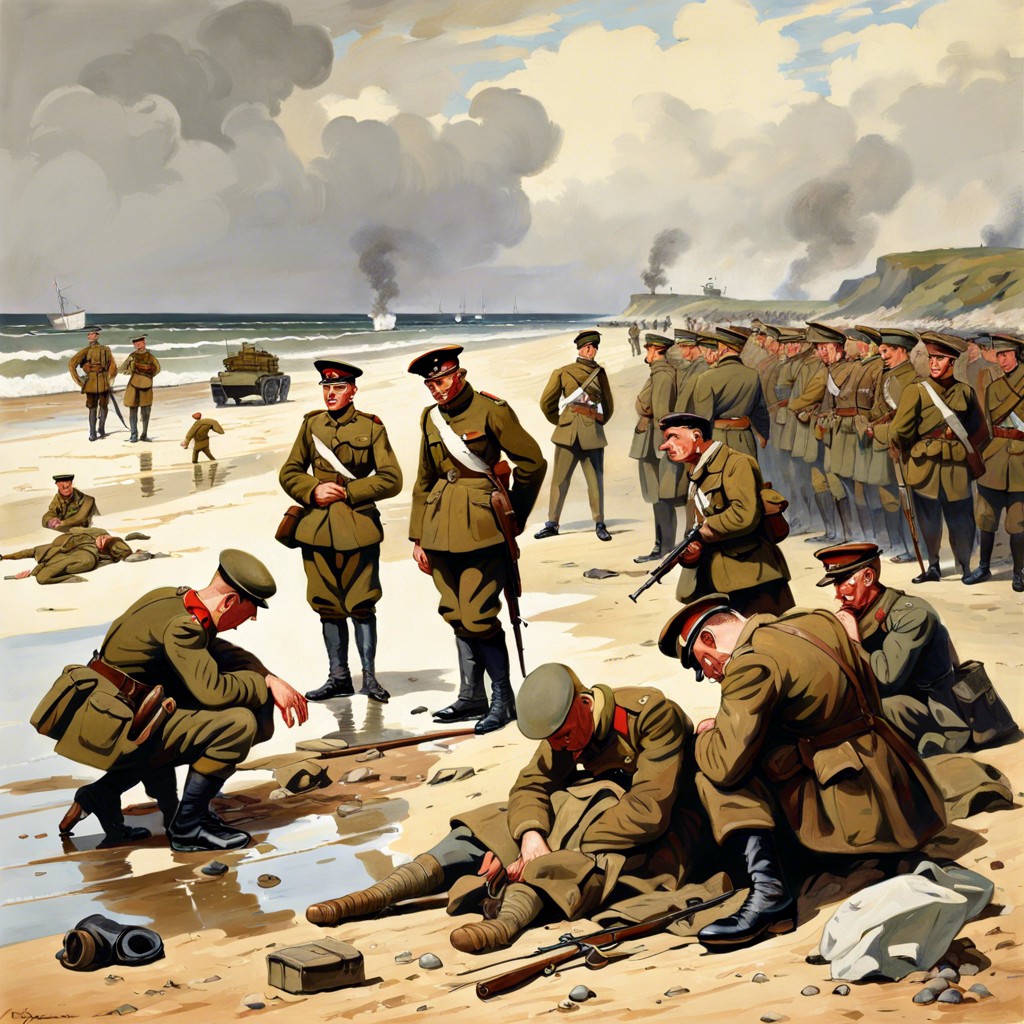Discover how England winning the Hundred Years’ War could have transformed European history and reshaped modern nations.
What if England won the Hundred Years’ War? Imagine a Europe turned upside down with England controlling large swathes of France, baguettes and fish and chips becoming culinary cousins, and Shakespeare possibly writing in a twisted blend of English and French. The English crown would reign over a Franco-Anglo fusion, triggering wild shifts in power, identity, and economies. Stick around as we dive into this historical “what if” adventure, exploring quirky cultural combos, economic twists, and the domino effect on future European clashes. Ready for a trip down this alternate history rabbit hole? Buckle up!
Key takeaways:
- England dominating France alters European power dynamics.
- Cultural fusion leads to unique blend of art, cuisine, fashion.
- English language infused with French, reshaping identity.
- Economic impacts: England prospers, France struggles post-war.
- Shift in European conflicts with England as dominant superpower.
Shift in Power and Territory in Europe

England’s triumph would have altered the European landscape dramatically. Picture this: the English crown ruling over both England and vast tracts of France. France, as we know it today, wouldn’t exist. Instead, we’d have the Angevin Empire 2.0, blending the best (and worst) of both worlds.
Governance would have been a challenge, splitting royal attention across the Channel. French nobles, naturally reluctant to kiss the English ring, might have stirred continuous unrest. Yet, a centralized Anglo-French authority could’ve stabilized various regions—at least on paper.
In terms of boundaries, the map of Europe would resemble a checkerboard that’s been kicked by a toddler. Smaller regions like Burgundy might seize the power vacuum left by a divided France, seeking autonomy or aligning with England’s enemies. This would create a mosaic of alliances and rivalries, ensuring Europe’s political scene remains as complicated as assembling flat-pack furniture without instructions.
And let’s not forget the Papal influence! England, already estranged from Rome, might use this newfound might to solidify its religious independence even sooner. Politics and faith—a deliciously chaotic mix!
Cultural Fusion of England and France
Imagine Shakespeare writing his sonnets in a charming blend of English and French. Très chic, right? Had England emerged victorious, the cultural tapestry of both nations might have been woven quite differently. Firstly, art and literature from both sides would likely have intertwined, leading to a Renaissance with a Franco-English twist.
Cuisine would have gotten a delicious makeover. Picture bangers and mash with a side of ratatouille, or fish and chips served with a delicate béarnaise sauce. Ooh la la!
Fashion, too, would have been fascinating. We might have seen English knights donning more extravagant, French-inspired attire, with doublets and tights making a stylish comeback down the centuries.
Lastly, the social customs would have blended. Afternoon tea with a side of croissants, anyone? Or perhaps a robust debate on politics and philosophy, conducted in a charming mix of both languages. Formidable!
Impact On the English Language and Identity
Imagine Shakespeare writing sonnets with a hint of French flair! If England had triumphed in the 100 Years War, the English language might have been peppered with even more French words and phrases.
Picture everyday conversations sprinkled with “oui” instead of “yes.” Or menus featuring Bretagnes instead of “Cornish hens.” A combination of French elegance and English bluntness would make for some truly unique expressions.
Beyond vocabulary, English identity would have a more significant French twist. More people might proudly sport berets along with their bowler hats. Tea time might include an array of pastries that would make any Parisian pâtisserie proud.
Regional accents could have incorporated lilts reminiscent of French intonations. Imagine Brits not only loving croissants but also pronouncing “garage” like “garaazh.”
This fascinating blend of English and French culture would have meant new literary art forms, hybrid traditions, and an identity as rich and layered as a croissant itself!
Economic Consequences for Both Kingdoms
Imagine London brimming with gold and Paris scrambling to make ends meet. That’s the upside-down world we’d be in! For England, victorious in the war, the influx of France’s resources and wealth would mean an economic boom. Think bustling trade centers, thriving markets, and an overall boost in prosperity.
But hold on to your berets, because France would be facing the opposite reality. With major territories now under English control, the French economy would likely nosedive. Local economies would struggle with the sudden loss of resources and revenue, transforming flourishing towns into ghost towns.
And let’s not forget taxes. England, needing to maintain these newly acquired lands, might impose higher taxes. Guess who’s not thrilled at the prospect? Pretty much everyone. Taxation always has a way of making people groan in unison, and this would be no exception.
Similarly, noble French families who lost their lands would be scrambling for income. Imagine the aristocratic equivalent of a yard sale—selling ancestral estates and heirlooms to keep up appearances. The fine line between nobility and common folk would blur faster than a knight charging into battle.
Tragic for some, a golden opportunity for others. England’s new territories mean more land for English nobility, and that means more power. Everyone loves a power trip, right?
All these changes mean that trade routes would shift. French merchants, used to favorable terms, might find themselves at the mercy of English market dictates. Mercantile melodrama at its finest.
Oh, and inflation! With an unequal balance of wealth, inflation would likely rear its ugly head. That fancy French wine? Suddenly, not so reasonably priced anymore.
Overall, a win for England means a reshuffling of economic cards for both kingdoms. Play your hand wisely, or face going bust.
Influence On Future European Conflicts
Imagine Napoleon wearing a Union Jack hat—absurd, right? But that’s the trickle-down of such a historical twist. England, having consolidated its grip over French territories, would become an unrivaled superpower in Europe. French resistance may dwindle initially, but simmering discontent could spawn rebellious movements, à la Braveheart, throughout the centuries.
Now, toss the Holy Roman Empire into the mix. With England’s expanded dominion, the power dynamics would shift drastically. Expect the Habsburgs to throw hissy fits. France, under English rule, might not be France at all—more like Greater England. European alliances would scramble like eggs in a frying pan. The classic rivalries might dissolve, replaced by new, unpredictable ones.
Then we have Spain, likely eyeing this turn of events like a hawk. Perhaps the entire Spanish Armada fiasco gets a preview screening much earlier. Wars born out of these convoluted alliances would reshape borders, cultures, and histories differently. And just imagine the Shakespearean drama bestowed upon battlefield narratives.




